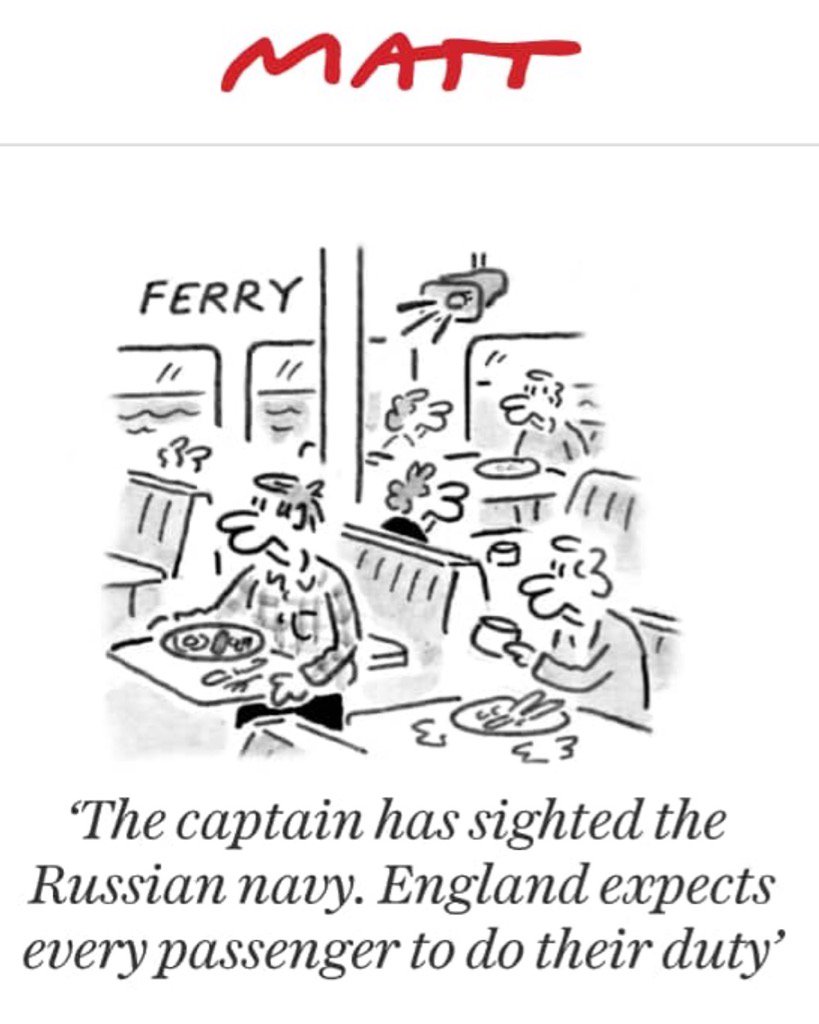Inside the radical ‘war camps’ where Russian fighters are born
By Associated Press October 18, 2016 | 9:16am | Updated
MOSCOW — Deep in the woods on the outskirts of Moscow, a sudden burst of gunfire sends a flock of birds screeching into the sky. A dozen people dressed in military fatigues scale a crumbling, abandoned high-rise with Kalashnikovs strapped to their backs.
This is a “war camp” organized by the ultra-nationalist Eurasian Youth Union, known as ESM, the youth wing of the broader Eurasian movement. Such camps, which are on the rise in Russia, imitate a broader Kremlin policy of “patriotic education” that has seen a marked increase in government funding in recent years.
The ESM camps serve as breeding grounds for the volunteers who fought alongside Russia-backed separatists in eastern Ukraine and are now producing a new generation of trained fighters.
“We are in a state when NATO moves closer to our borders and today’s youth needs to be trained in order to prevent those attacks,” says ESM leader Anton Bryusov.
The nationalists see the West as their key enemy, but some are dissatisfied with President Vladimir Putin’s handling of the war in Ukraine and believe he has not gone nearly far enough.
“War with Ukraine is inevitable, but so far we have done only half of the task,” says Alexander Dugin, the leader of the Eurasian movement. “We have united with Crimea, we have provided help to Novorossiya, but we didn’t liberate Novorossiya.”
A member of Right Anarchist prepares to shoot his Kalashnikov in a makeshift camp. Photo: AP
Nationalists had believed in what was known as the Novorossiya project, which aimed to carve out a swathe of traditionally Russian-speaking eastern Ukraine and reunite it with Russia. Instead, the conflict has created two breakaway pro-Russian regions in Donetsk and Lugansk, but they formally remain part of Ukraine.
Still, despite their dissatisfaction over Ukraine, the bulk of nationalists remain supportive of the current regime, said Andrei Kolesnikov, an expert on Russian domestic politics at the Carnegie Moscow Center.
“Mostly, the nationalists who are more or less rational are pro-Putin. Those who are really radical are against Putin because he hasn’t finished the story in Donbass,” he said. Plus, he added, “if they ended up going too far and presented a real threat to the regime, their activity would be stopped.”
Dugin, a far-right political ideologue with close ties to the Kremlin, chalks up Putin’s handling of the situation in Ukraine to the political realities of Western pressure and economic sanctions.
“I am irritated by the slowness of Putin’s reform,” Dugin said, speaking in his TV studio a stone’s throw from Red Square. “When we are hesitating, we are losing; when we are making decisive steps, we are winning.”
Dugin denies he is in the Kremlin’s pocket, insisting they regard ESM as “a dangerous force that they cannot be lead or rule because we follow a strict line of our ideology.” But research carried out by the Russia-based Center of Economic and Political Reforms shows that between 2013 and 2015, the ESM received presidential grants totaling more than 18.5 million rubles (nearly $300,000).
Carrying out his own training in the woods, not far from the location of the ESM “war camp,” Sergei Andreev, the 25-year-old founder of a small, far-right youth group called Right Anarchist, is polishing his Kalashnikov. Unlike most of his peers, he does not support Putin’s presidency.
“Putin is like all other leaders in the modern world: He just wants to hoard money and resources so that his family lives well,” Andreev said. Behind him, the Right Anarchist flag — a skull and crossbones — flutters above a crackling camp fire. “There is no great idea behind him. He uses it to cover up his political manipulations.”
The numbers of far-right supporters like him who openly position themselves against Putin is small, and it’s unlikely this discontent poses much of a threat to the Kremlin.
“Part of the Putin regime is far-right and ultra-nationalist. However, Putin would crush any ultranationalist force that’s not loyal to the Kremlin,” says Anton Shekhovtsov, an expert on the far right who has extensively chronicled Dugin and his followers over the past decade. “If it’s not instrumental to them, they would ban them or crush them or put their leaders in jail.”

